I thought most of us were going to die from the climate crisis. I was wrong
The Guardian: Energy
JANUARY 1, 2024
Many cities will have disappeared due to sea-level rise. We would be at very high risk of setting off warming feedback loops – the melted ice would reflect less sunlight, the melted permafrost might unlock methane from the bottom of the ocean, and dying forests wouldn’t be able to regrow to suck carbon out of the atmosphere.



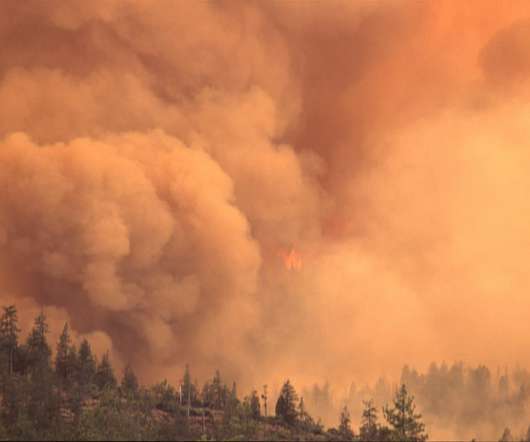
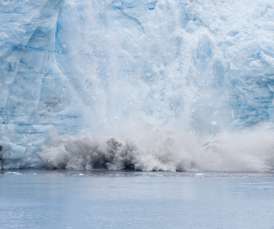
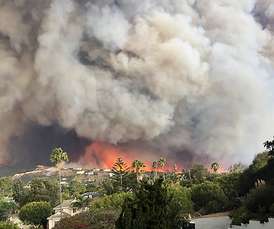

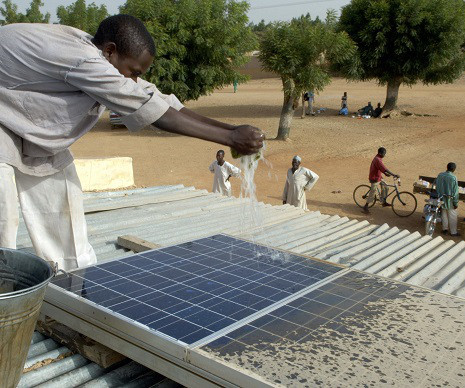


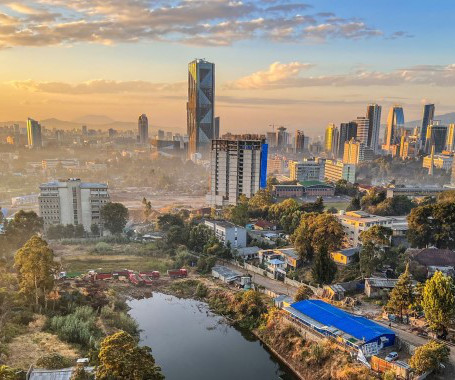
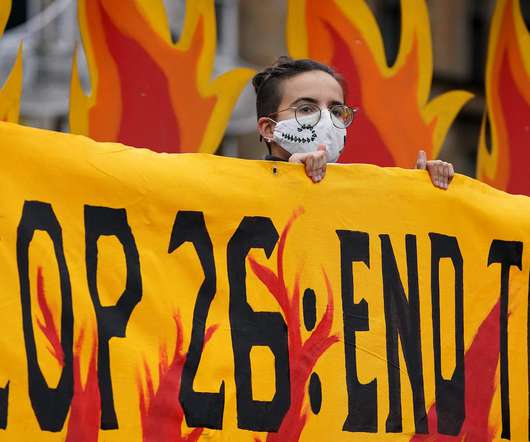
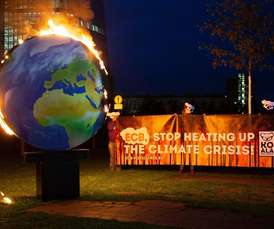
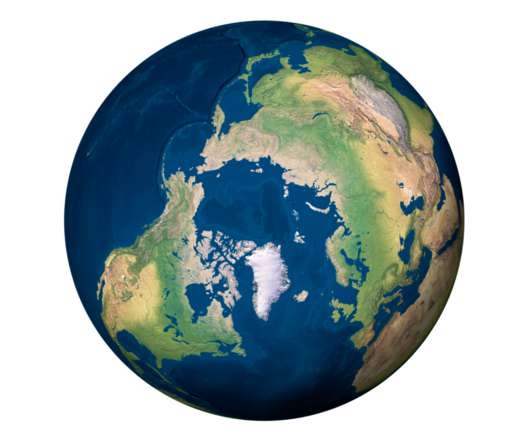

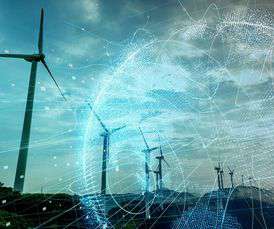

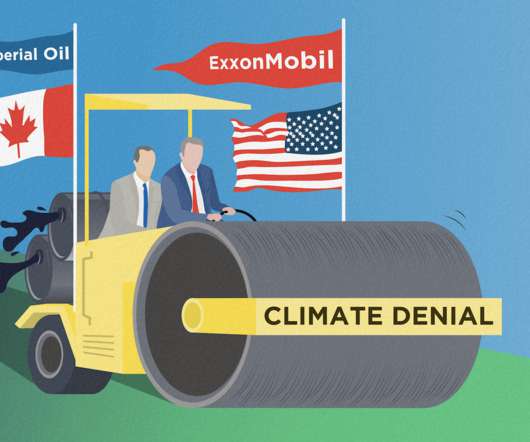
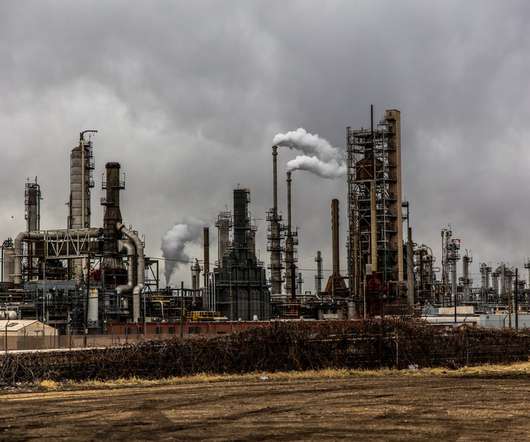










Let's personalize your content